
The
S.J. Quinney College of Law
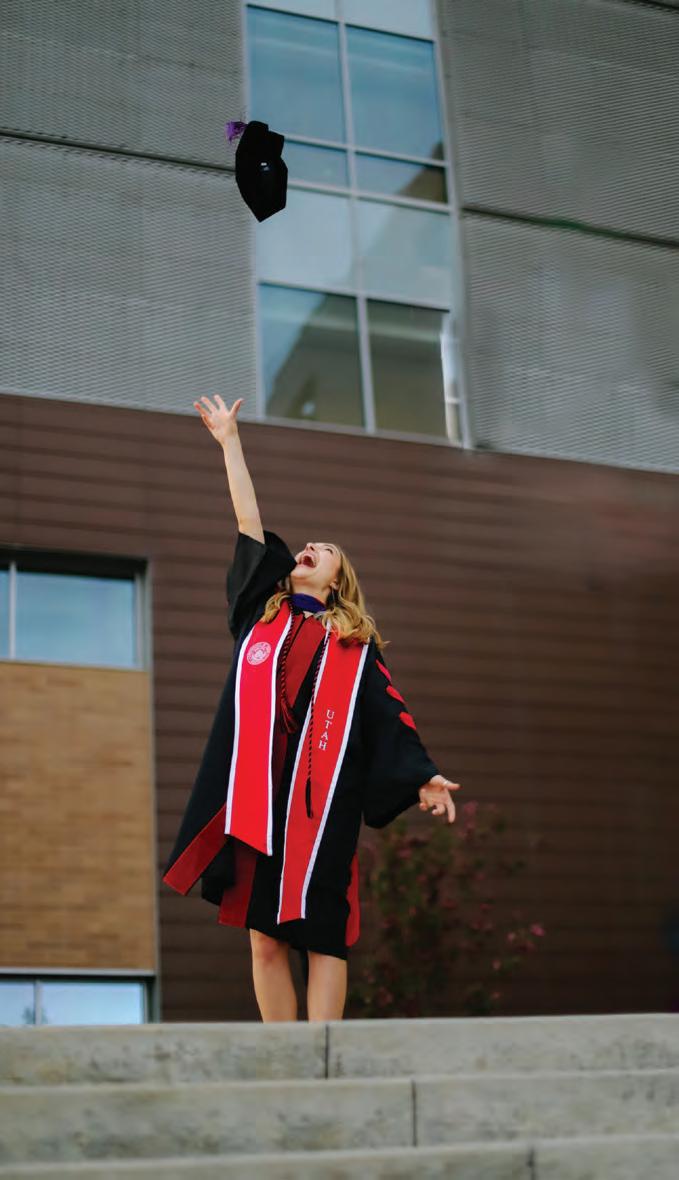
THE UNIVERSITY OF UTAH
SALT LAKE CITY IS HOME TO A SIGNIFICANT AND GROWING NUMBER OF LAW FIRMS—RANGING FROM BIG LAW TO SMALL LOCAL FIRMS


The
S.J. Quinney College of Law

SALT LAKE CITY IS HOME TO A SIGNIFICANT AND GROWING NUMBER OF LAW FIRMS—RANGING FROM BIG LAW TO SMALL LOCAL FIRMS
Salt Lake City is a dynamic, growing hub for legal practice, tech, health care and other industries.
Love getting outside? Utah’s outdoor recreation is legendary—and easily accessible from campus.
The S.J. Quinney College of Law is located in Salt Lake City, a progressive state capital and regional economic epicenter that The Wall Street Journal ranked as the #1 hottest job market in the U.S. in 2024.
Resting in the foothills of the Wasatch Mountains, the College of Law serves as a gateway to campus. The University of Utah is a Tier-1 Research Institution, member of the elite Association of American Universities, and home to top-tier athletics. It’s a dynamic campus that features leading genetics and medical research, biotechnology, business, and all the variety in academic excellence you’d expect from a flagship university.
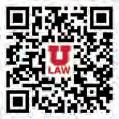
SCAN TO EXPLORE SALT LAKE CITY

SUMMER MUSIC FESTIVALS, OKTOBERFEST, AND OTHER SEASONAL EVENTS YEAR-ROUND
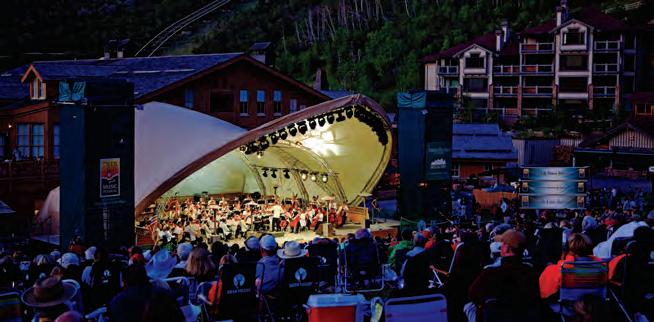
HOME OF MAJOR LEAGUE BASKETBALL, HOCKEY, AND MEN’S AND WOMEN’S SOCCER TEAMS

A WALKABLE, BIKEFRIENDLY CITY— RANKED IN THE TOP 10 HEALTHIEST CITIES IN THE COUNTRY (WALLETHUB 2024)


AWARD-WINNING LIGHT RAIL AND REGIONAL COMMUTER RAIL SYSTEMS

A BURGEONING RESTAURANT SCENE, PLUS YEAR-ROUND FARMERS’ MARKETS
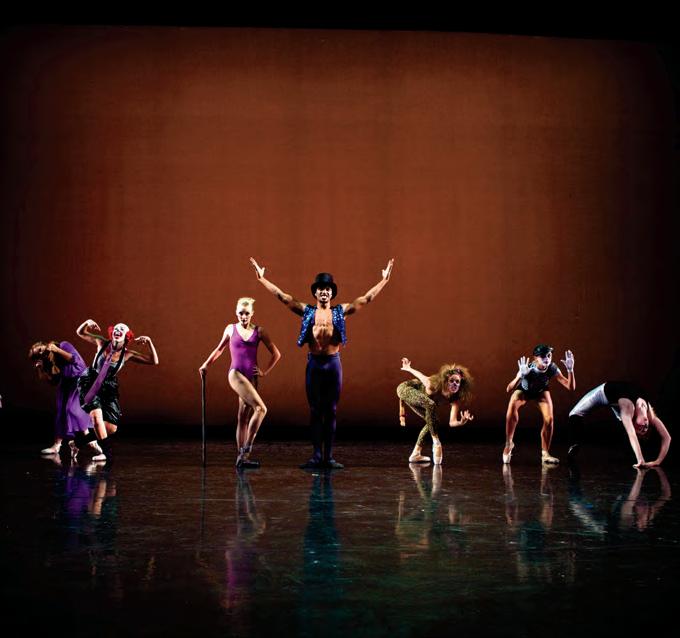
FINE ARTS MUSEUMS, DANCE, THEATER, AND THE UTAH SYMPHONY ORCHESTRA
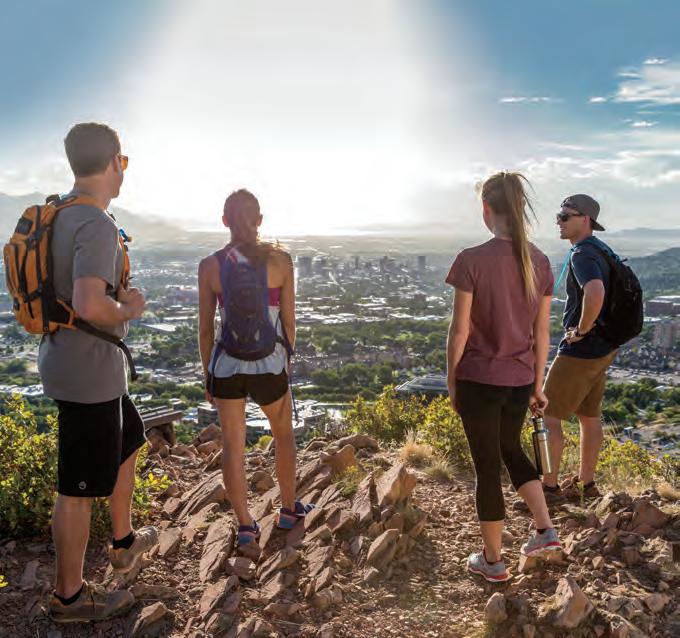
WORLD-CLASS OUTDOOR RECREATION 15 MINUTES FROM CAMPUS
From our highly engaged faculty to our unparalleled setting, there are abundant reasons the S.J. Quinney College of Law is the perfect fit for you.
AN UNMATCHED LOCATION. No other law school has such easy access to both a booming metro area and the adventure of a lifetime. Utah Law is just 10 minutes from downtown Salt Lake City, and 15 minutes from Utah’s world-renowned outdoor recreation.
A WELCOMING ENVIRONMENT. Utah Law stands apart thanks to its small size and tight-knit student body. Our students consistently say the community they find here is unique—and helps them become better lawyers after graduating. There’s a range of resources to help students maximize their time in law school, from our Academic Success Program to a dedicated in-house mental health counselor.
A COMMUNITY OF TRAILBLAZERS. am proud to be the first woman and first Native American to serve as dean of Utah Law, and I’m in good company: Utah Law’s alumni change the world. Our graduates have broken race and gender barriers in the judiciary, they lead innovative companies improving the world, and they develop initiatives to strengthen communities around the globe.
AN INCREDIBLE FACULTY. Some law schools have faculty who focus on research. Others are strong in teaching. At Utah Law, you’ll find both in abundance. Our students rave about the professors here, who are talented teachers and accessible mentors—in addition to being among the top scholars in their fields.
On top of this, Utah Law has one of the nation’s best returns on investment: We’re ranked fourth in the country for salary-to-debt

ratio by U.S. News. It all means there are countless reasons why we’re an excellent place to launch your legal career. hope you’ll visit us to see for yourself. Our Admissions team is also ready to answer questions and help you explore everything Utah Law has to offer.

Elizabeth Kronk Warner Dean of the S.J. Quinney College of Law

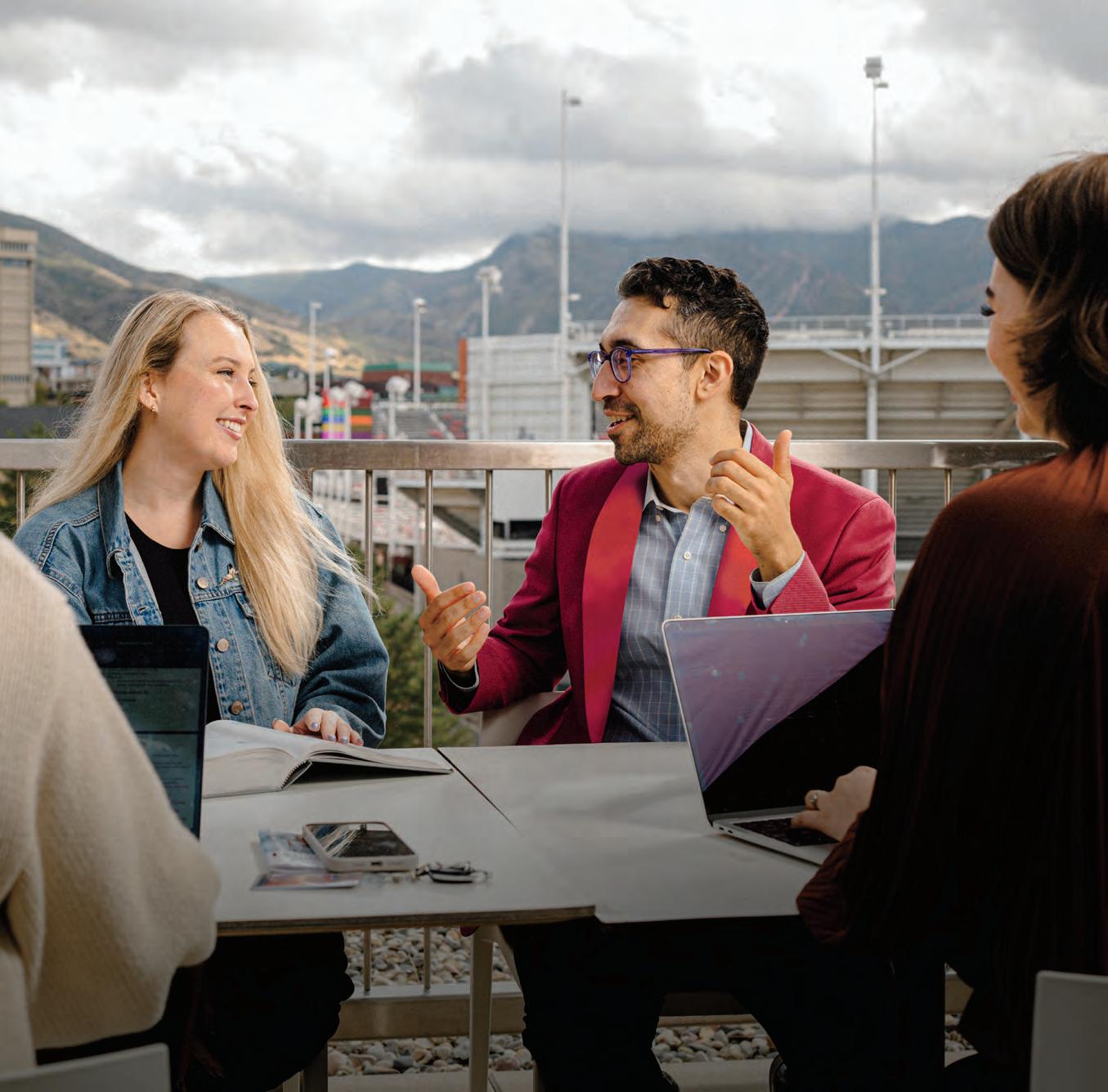
The expertise of our faculty is vast, and the course topics they teach are varied. Our faculty have argued before the U.S. Supreme Court, testified before Congress, and served as high-ranking government officials. They have written leading law textbooks, served as U.S. Supreme Court clerks, and drafted regulation and policy. As practicing lawyers, our faculty have worked in nationally recognized law firms. They serve in public interest organizations and actively engage in pro bono services. As recognized experts, they regularly discuss law and policy in major media outlets like The New York Times, The Wall Street Journal, NPR and CNN.
Our faculty have rich and varied real-world law experience. They embrace differences of opinion and encourage thoughtful discourse.
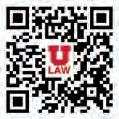
LEARN MORE ABOUT OUR FACULTY
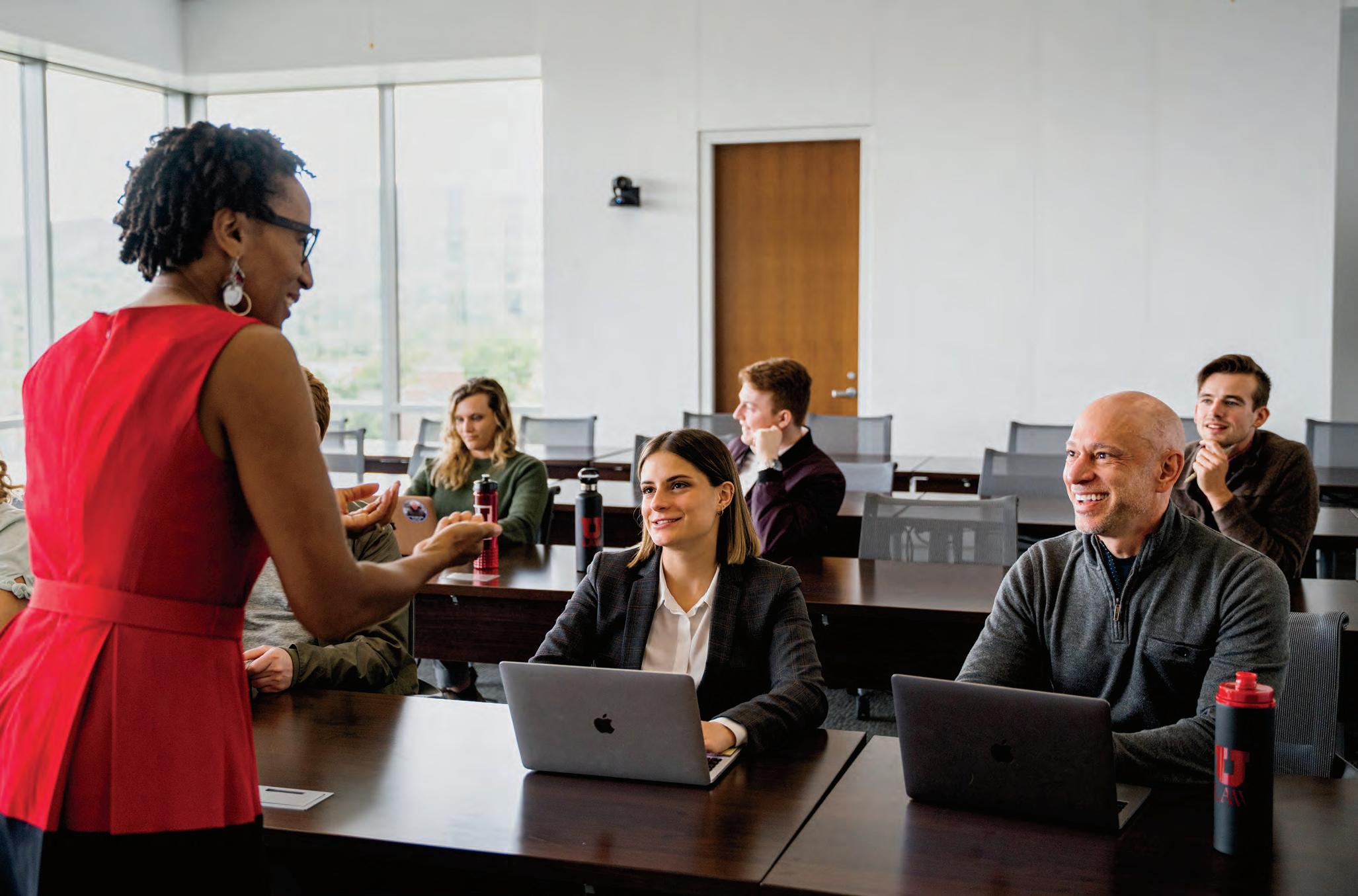
Utah Law’s faculty are internationally recognized experts in their fields.
In the classroom, you’ll find them supportive and talented teachers. Our small class sizes mean students have easy access to their professors and ample opportunities for mentorship and research. Here are just a few of the top-notch faculty you’ll work with at Utah Law.
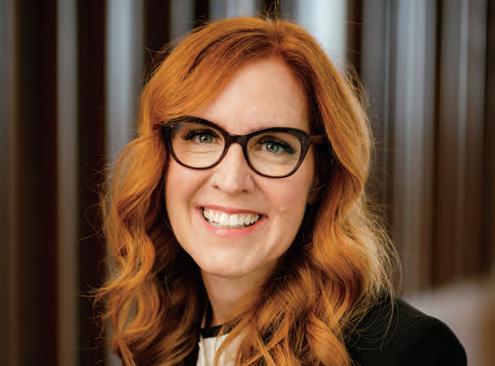
• Prof. Jones is a high-profile expert on the First Amendment. She researches legal issues affecting the press and the intersection between media and the courts.
• Regularly appears in national media outlets such as the New York Times, CNN and the Washington Post, providing perspective on top stories involving the media.
• Clerked for Supreme Court Justice Sandra Day O’Connor.
• Has taught courses including Constitutional Law, the First Amendment, and Speech & Press Freedom in past years.
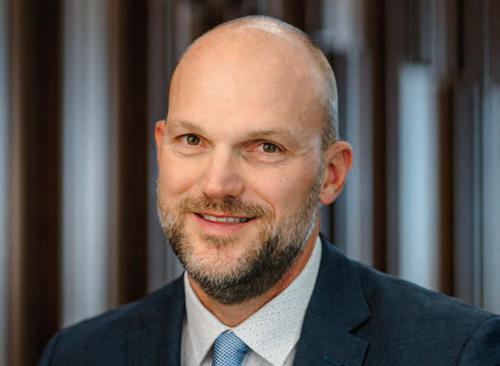
• Prof. Davies is a nationally recognized expert in energy law who focuses on the transition to renewable energy.
• Has published ar ticles in Stanford Law Review, Ecology Law Quarterly, and other high-profile journals.
• Co-director of the Wallace Stegner Center for Land, Resources and the Environment, which is home to nationally recognized scholars in environmental law.
• Has taught courses including Energy Law, Civil Procedure, and Administrative Law in past years.
student-to-faculty ratio
4.8 : 1
U.S. News & World Report 2025 Best Law Schools
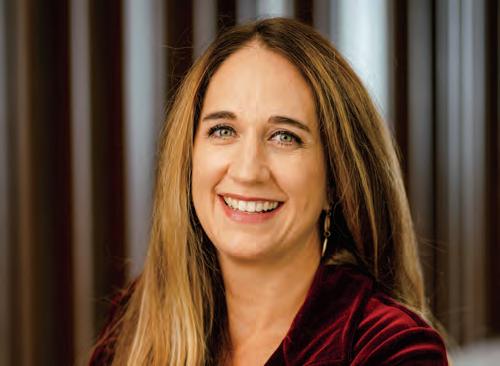
• Prof. Brown is a widely cited scholar on law and the biosciences, with special focus on genetics, neuroscience and cognitive psychology.
• Serves as director of the Center for Law and Biomedical Sciences (LABS), which offers opportunities for student research at the intersection of medicine, technology and the law.
• Has authored articles in Stanford Law Review, Science, and other top research journals.
• Has taught courses including Torts and Evidence in past years.
“The opportunity to work with Professor Anghie was invaluable. What made the experience second-to-none was the genuine care, compassion and guidance he offers to students.”
—Austin Edens JD’25
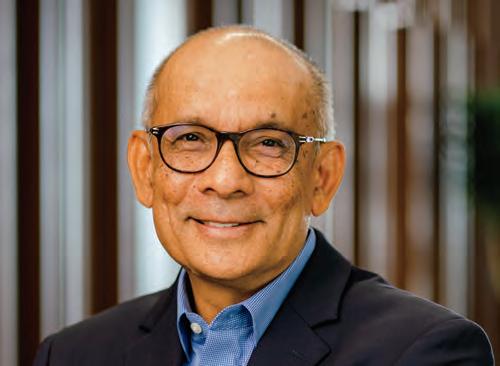
• Prof. Anghie is a renowned scholar in international law. He was one of the pioneers of Third World Approaches to International Law, an influential movement in international law scholarship.
• Authored the book Imperialism, Sovereignty and International Law, a widely-cited book in international law scholarship.
• Has taught courses including International Law, International Business Transactions, and Human Rights, Aliens, Migrants and Refugees in past years.
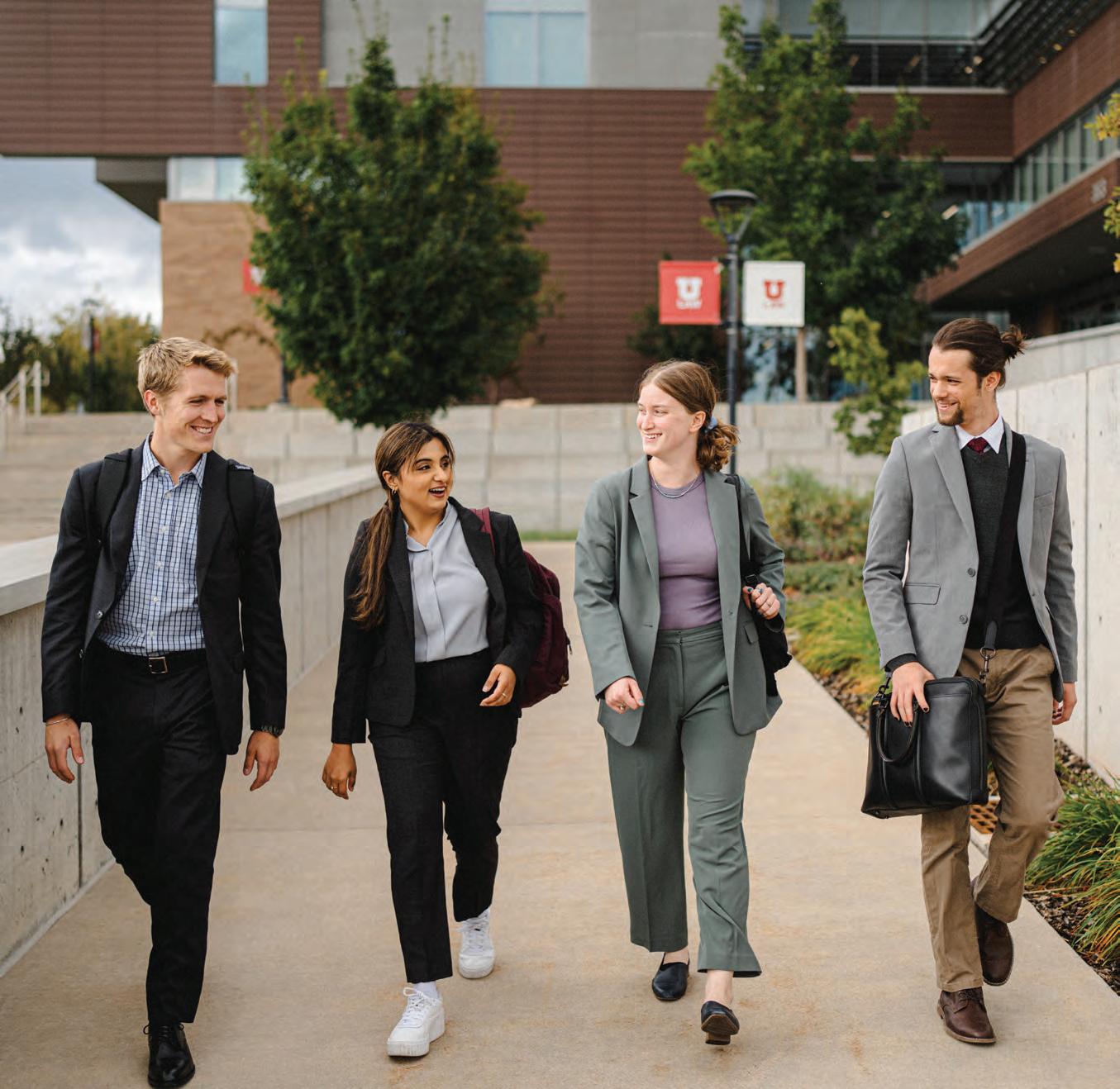
Our students learn in intimate settings throughout their time in the College of Law. Our Legal Methods program also gives students intensive writing experience and one-on-one meetings with faculty. First-year classes teach students the basics of the law and legal system, while giving them early practical training they will need to be effective lawyers.
A longstanding strength of the College of Law is our careful balance between doctrine, theory, and practice. Students have extensive courses they can choose from in their second and third years. These include specialty courses ranging from trademark to family law, numerous skills courses such as appellate practice and real estate drafting, and field placements in virtually every area of the law. Students can also cross-train through our experiential opportunities from international law to new ventures, our six dual degree programs, and our research centers. The depth in curriculum supports seven specialized proficiency programs, where students can earn a certificate of specialized legal study.
UPPER DIVISION AREAS OF FOCUS INCLUDE
Business, Real Estate, and Tax
Criminal Law
Entrepreneurship
Environmental, Energy, and Natural Resources
Family Law
Gender/Sexuality and LGBTQ Law
Health Law
International Law
Intellectual Property
Litigation and Alternative Dispute Resolution
Public Interest Law
Experiential Education (Clinics, Field Placements, and Simulations)


To earn a J.D., students must complete a minimum of 88 semester hours and graduate with a GPA of at least 2.5. J.D. graduates are eligible to sit for a bar exam in any U.S. jurisdiction.
Business Law
Criminal Law
Environmental and Natural Resources Law
Intellectual Property Law
International Law
Litigation and Dispute Resolution
Public Interest Law and Policy
The College of Law offers a number of unique interdisciplinary educational opportunities. Dual degree programs with other graduate schools at the university include:
J.D./Master of Business Administration
J.D./Master of City & Metropolitan Planning
J.D./Master of Public Administration
J.D./Master of Public Policy
J.D./Master of Real Estate Development
J.D./Master of Social Work
For more information on dual degree and other program requirements, visit law.utah.edu/jd-program.
The College of Law offers a specialized Master of Laws (LL.M.) degree in environmental and natural resources law. The LL.M. is a one-year full-time program requiring 24 credits. Upon request, you may petition for a part-time option.
The one-year, 30-credit Master of Legal Studies program requires an undergraduate degree but no prior legal training or entrance exam. The M.L.S. program is offered in two formats: fully online, and in person at the University of Utah campus. The M.L.S. program meets the educational requirement for graduates to sit for the Licensed Paralegal Practitioner examination in the state of Utah.
To learn more, visit law.utah.edu/mls
The Minor in Legal Studies explores the central role of law in society, providing undergraduate students with an in-depth understanding of the U.S. legal system.

LEARN MORE ABOUT OUR DEGREE PROGRAMS
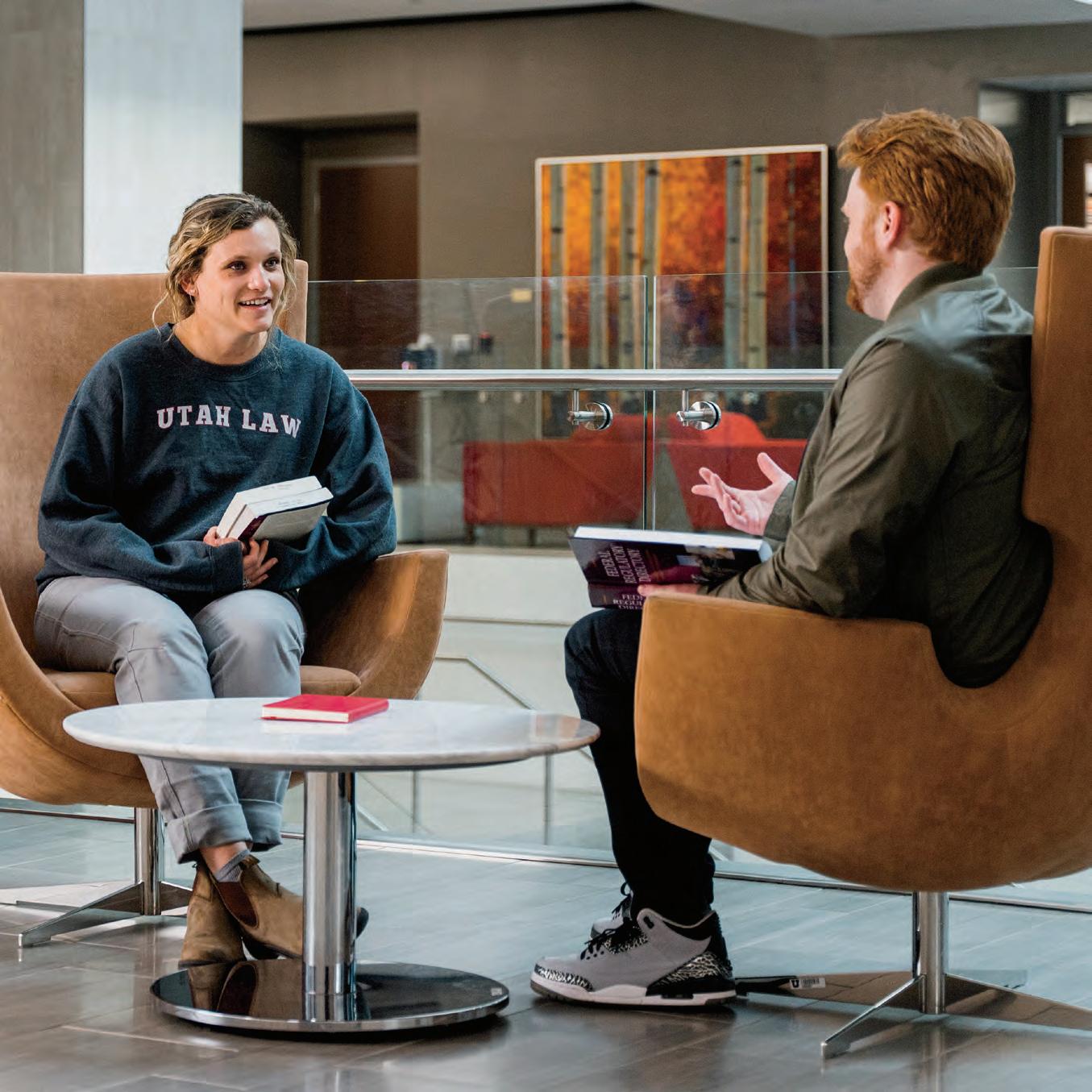
Our centers and programs offer opportunities for students and faculty to collaborate on specialized research and community engagement, and to study in niche areas of expertise. Students can gain invaluable insight into specialized areas of legal practice, helping them network and plan for their future legal careers.
The Stegner Center offers students one of the top environmental law programs in the nation. Educational opportunities include a J.D. certificate in environmental and natural resources law, in-house clinics in environmental justice and environmental law policy, and numerous substantive law courses. Other opportunities include an LL.M. degree, a research fellows program, and a variety of public events and speakers.
The Stegner Center boasts a talented and diverse team of faculty who are working to shape environmental law and policy, and who are committed to involving students in their work. Our faculty members serve on local and national NGO boards and advisory committees, collaborate with state and federal government officials to improve environmental policies, and advocate in the courtroom and legislative chambers.

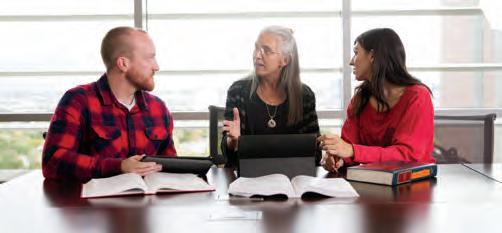
LABS is an interdisciplinary group of faculty and students engaged in cutting-edge research and teaching on issues at the intersection of law and biomedical sciences. We’re committed to explaining and improving the law in rapidly evolving fields to help overcome the critical health challenges of our times.
Our faculty are experts in bioethics, biotechnology regulation, disability law, evidence, food and drug law, intellectual property, neuroscience, public health law, and many other areas of law.
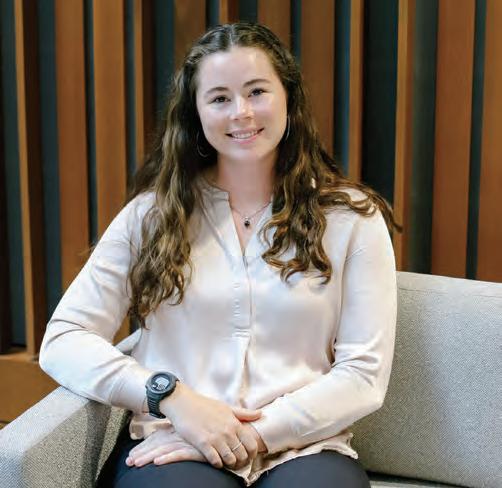
Environmental law program ranked
“I’ve enjoyed knowing that the work I did will end with actual resources that the public and local governments can use to push climate and environmental justice policy further at the local level.”
Natalie Merline JD’25, who landed a summer research associate position doing research on climate and environmental justice policy in California.
Recent course offerings include health law, FDA law, genetics and medicine, and law and neuroscience. Students can also earn a J.D. certificate in IP law; get hands-on experience through field placements in health law, IP law, and law and the biosciences; and attend our annual colloquium with prominent speakers from around the nation.
Health law program ranked
#11
Among public law schools
U.S. News & World Report
2025 Best Law Schools
“I connected with excellent mentors in the LABS program, and I would not have had the courage to seek out healthcare law as a practice niche without the support of the LABS community.”
Meg Glasmann JD’23, who presented her original research at a national bioethics conference, then turned it into a scholarly article that was published in a peer-reviewed journal.

The Program in Intellectual Property and Technology Law seeks to advance our understanding of IP law, how it affects innovation and markets, and how IP law practices can be improved. The program offers a J.D. certificate in IP law, as well as opportunities to engage in field placements and research in IP law and related fields such as innovation theory and science and technology policy.
IP courses include core topics such as copyright, patent and trademark law, IP transactions, and law and biomedicine. Specialized courses include antitrust, health law, bankruptcy, taxation, data privacy, entrepreneurship law, and art, entertainment and sports law.
Students can participate in competitions including the AIPLA Giles S. Rich Moot Court Competition and the National Patent Application Drafting Competition.
IP law program ranked
#9
Among public law schools
U.S. News & World Report
2025 Best Law Schools
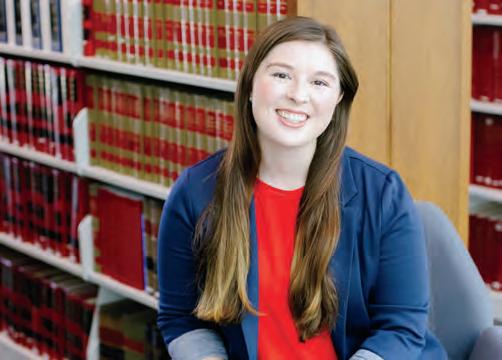
“It was amazing to go out and actually present research while still being a student. Being able to work with faculty, get something published and get my name out there is a great help to my future career.”
Victoria Tomoko Carrington JD’23, who conducted research with a Utah Law professor on the intellectual property landscape surrounding assisted reproductive technology.
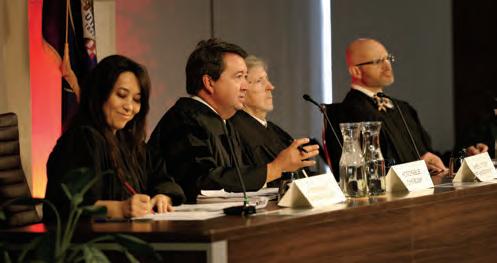
Our Program in Criminal Law offers a full range of criminal law courses, as well as a J.D. certificate in criminal law. Our faculty are engaged in innovative research, policy work, and community engagement in areas such as prosecution, crime victims’ rights, violent crimes, and more. Students have opportunities to get involved with faculty research and policy projects, and to co-author publications with faculty.
Course offerings include foundational topics such as criminal law, criminal procedure, evidence, and criminal process, as well as specialized topics like crimmigration and environmental crime. Students can also participate in experiential learning opportunities such as the Post-Conviction Clinic; the annual counterterrorism simulation; and a variety of field placements, including at local prosecutors’ and public defenders’ offices, the Utah Crime Victims Legal Clinic, and more.
Criminal law program ranked
Among public law schools
U.S. News & World Report
2025 Best Law Schools
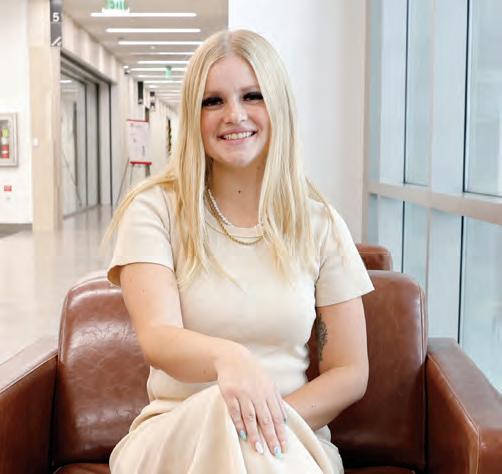
“Working at the Salt Lake County District Attorney’s Office allowed me to get real experience in court, including participating in four felony jury trials. I can’t wait to keep making positive changes in both victims’ and defendants’ lives.”
Hayley Robertson JD’25 , who participated in the Criminal Process externship, a one-year field placement in a prosecutor’s or public defender’s office.
Get involved with the community, tackle real-world challenges, and refine your skills with guidance and support from faculty and legal professionals. Hands-on experience also lets you identify which areas of law interest you, helping you hit the ground running in your new legal career.
Experiential education is a critical component of training at Utah Law, providing hands-on experience that bridges the gap between the classroom and real-world lawyering. Learn more at law.utah.edu/experiential-education
Environmental Justice Clinic
Partner with low-income and Indigenous communities to design and implement advocacy strategies that build community power. Students develop and apply skills in fact-finding, community engagement, and grassroots organizing.
Environmental Policy Accelerator
Develop legal and policy analysis to assist policymakers confronting environmental challenges, such as water conservation and the shrinking Great Salt Lake.
International Law Clinic
Address issues of foreign, comparative, and international law by providing community partners with research assistance and advocacy tools tailored to meet their needs.
Mental Health Legal Clinic
Assist in providing legal services to clients at the University of Utah’s Mental Health Crisis Care Center, focusing on health-harming legal needs in areas such as housing, public benefits and family law.
Post-Conviction Clinic
Assist with investigating and litigating cases in which convicted clients claim that they are innocent or that their constitutional rights have been violated by the criminal justice system.
Refugee Law Clinic
Represent refugees and other immigrants who are seeking protection from persecution in their country of origin. Students assist clients with accessing resettlement benefits, applications for asylum, and other humanitarian forms of protection.
“One of my favorite things to do is work with real clients. That’s why I love the clinic experience. Instead of reading a case in a book in class, I actually get to practice what I’m learning under the supervision of an expert in the field.”
—Nanette
Pawalek JD’23


Simulation courses engage students in dynamic, real-world lawyering tasks based on hypothetical scenarios. You’ll build concrete skills to be ready for practice through simulation courses such as Trial Advocacy, Global Perspectives on Counterterrorism, Real Estate Development, and the Family Law Practice Lab.
Earn academic credit while you gain practical skills and training under licensed attorneys in the field. Utah Law has field placements in over 100 different settings across more than a dozen areas of law, and new placements are developed every semester.
Spend a semester learning, working and networking in Washington, D.C. With support from our alumni network in the D.C. Metro area, this is an ideal way to build the experience and connections you need to launch a career in our nation’s capital.
Beginning their first year, students are eligible to volunteer with the Pro Bono Initiative (PBI)—one of the most extensive in-house pro bono programs in the nation.
PBI provides opportunities to engage and serve the community while building lawyering skills, and students who graduate with 50 or more hours of pro bono service receive a certificate of service and wear honors cords during commencement. PBI also offers paid student director and fellowship opportunities for students dedicated to pro bono service.
Students can volunteer at a range of legal advice sites, which focus on areas including:
• Expungement and justice law
• Family law
• mmigration law
• Rainbow law
• Street law (including landlord/tenant law, employment, debt and small claims)
• Legal services for veterans Visit law.utah.edu/pbi for more information.
“Becoming involved with the Pro Bono Initiative was one of my best decisions during law school. The PBI program provided a unique opportunity to engage in community-building and work directly with clients, which was crucial for me to do while in school.”
—Alessandra Amato JD’24
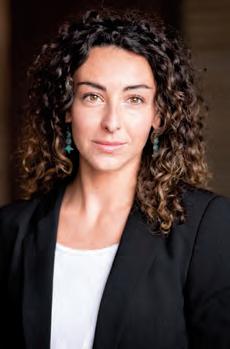
Our award-winning moot court and competition programs allow students to work closely with faculty to develop legal skills in real-world situations. Our teams are nationally competitive, and regularly advance or win awards in prestigious competitions such as the Jeffrey G. Miller National Environmental Law Moot Court Competition or the Giles S. Rich IP Moot Court Competition.
We offer a wide array of competition opportunities, including in:
• Appellate advocacy
• Trial advocacy
• Environmental law
• International law
• Business law
• Federal Indian law
• Intellectual property law
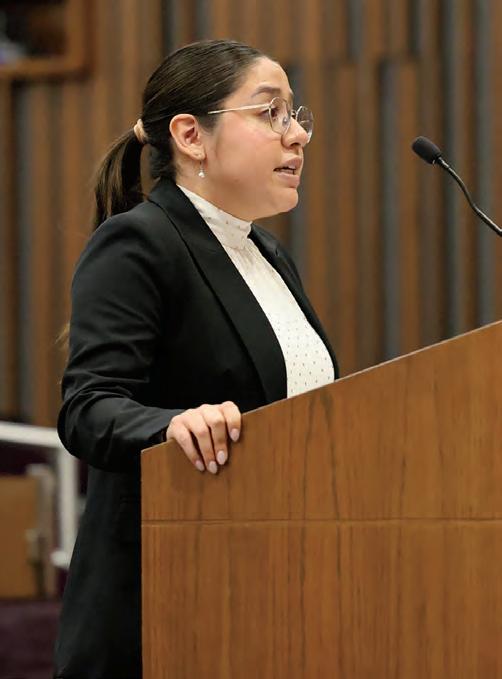
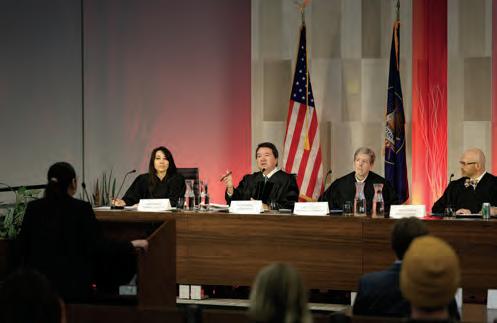
“I absolutely loved moot court. Figuring out how to formulate an answer to questions on the spot is such an important skill for lawyers. You can be told how to do it, but I think that skill really develops once you actually do it and have the opportunity to mess up a couple of times.”
—Jessi Maupin JD’22
Beginning in your first year at Utah Law, you’ll receive support and advising to help you reach your academic and career goals.
The Career Development Office (CDO) helps students launch rewarding careers. Through seminars, programs, and individualized counseling, the Career Development Office (CDO) helps students navigate the job search process, prepare winning resumes, and hone interviewing skills. The CDO hosts on-campus recruiting sessions, mentoring programs, job fairs, and the popular “firm crawl,” where students visit law firms in downtown Salt Lake City. Visit law.utah. edu/cdo for more information.
The CDO is also engaged with the Judicial Clerkship Committee, which is composed of faculty members who have had prominent clerkships—including with members of the U.S. Supreme Court. The committee’s goal is to support students in the competitive process of pursuing clerkships.
Through student-centered programs and services, the Office of Student Affairs works to create a welcoming community for Utah Law students. The office offers academic advising, registration and graduation-related support, counseling services, ADA support, and student activities focused on wellness and belonging.
98.3% Ultimate bar passage rate U.S.
91 of students received scholarship or fellowship awards in 2024-2025 %
Utah Law works to keep tuition low and provide generous financial assistance. All admitted candidates are considered for merit-onentrance scholarships based on the contents of their application. Fellowships and scholarships are also available for second- and third-year students. For more information, visit law.utah.edu/ financial-aid
The College of Law supports a wide array of student organizations, which empower students to broaden their law school experience. This includes a range of judicial philosophies and practice areas, as well as student associations focused on various affinity groups. For a full list of opportunities, visit law.utah.edu/student-orgs
In the 1L year, our Academic Success Program (ASP) helps students develop the analytical skills necessary for success in law school. This includes skills-based workshops to practice these skills with guidance and feedback, a series of seminars on studying and exams, a practice midterm, and a practice final exam.
The college also provides a bar exam preparation program that guides and mentors students as they prepare to take the bar exam.
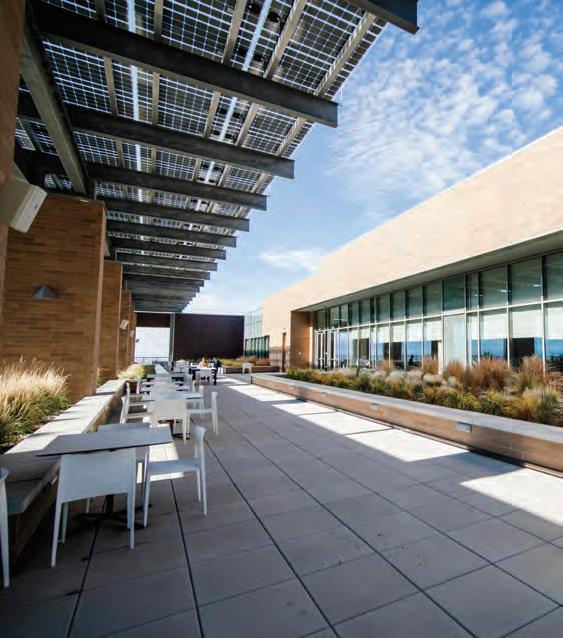
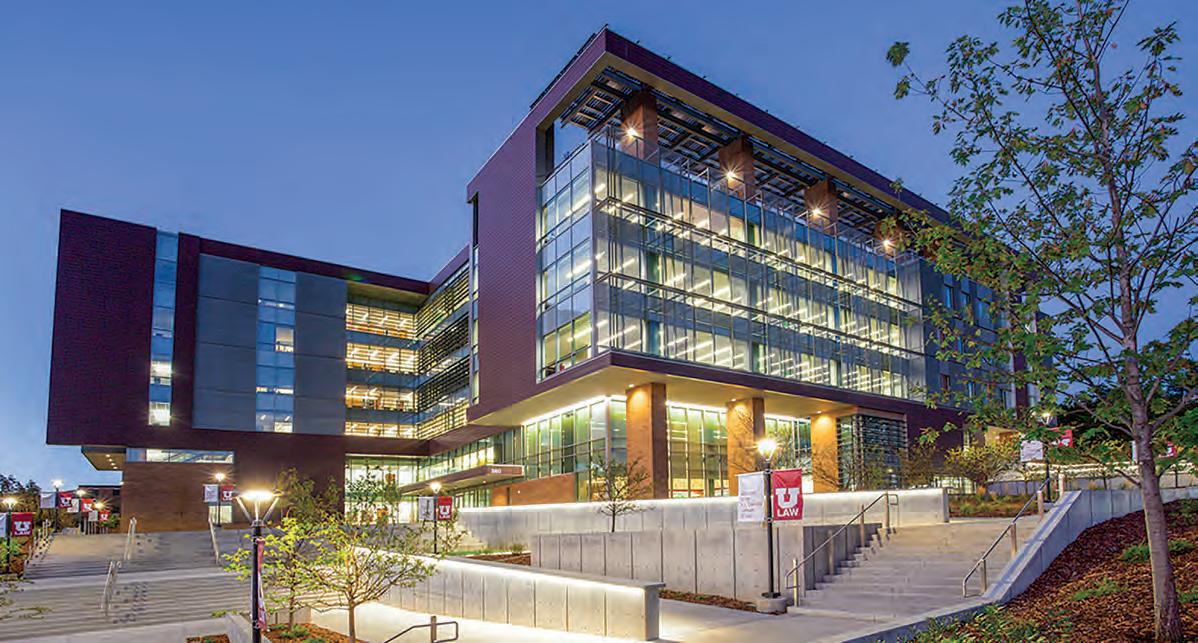

Building features include:
• 24/7 building access
• Student activity center
• Recreational support spaces including cardio room, showers, bike storage, basketball court, and meditation room
• Accessible design incorporated throughout building
• Lockers for every student
• Student kitchenettes on many floors
• Dedicated office suite for law review editorial staff
• Locally owned café in building
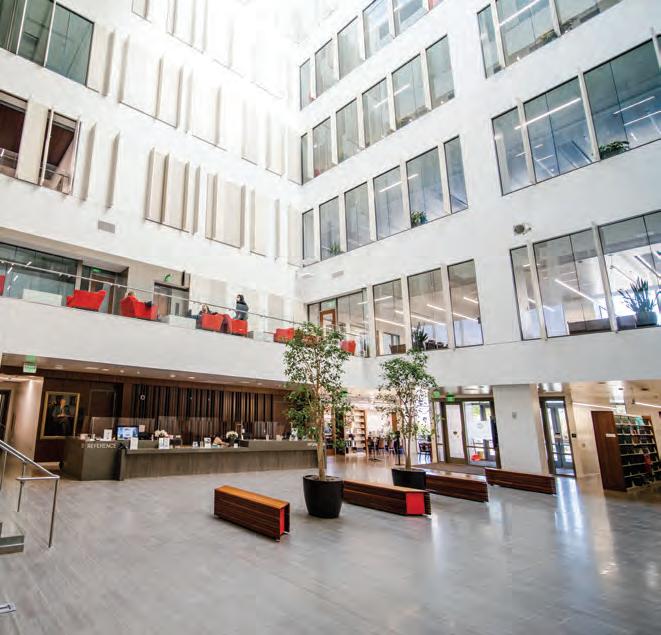
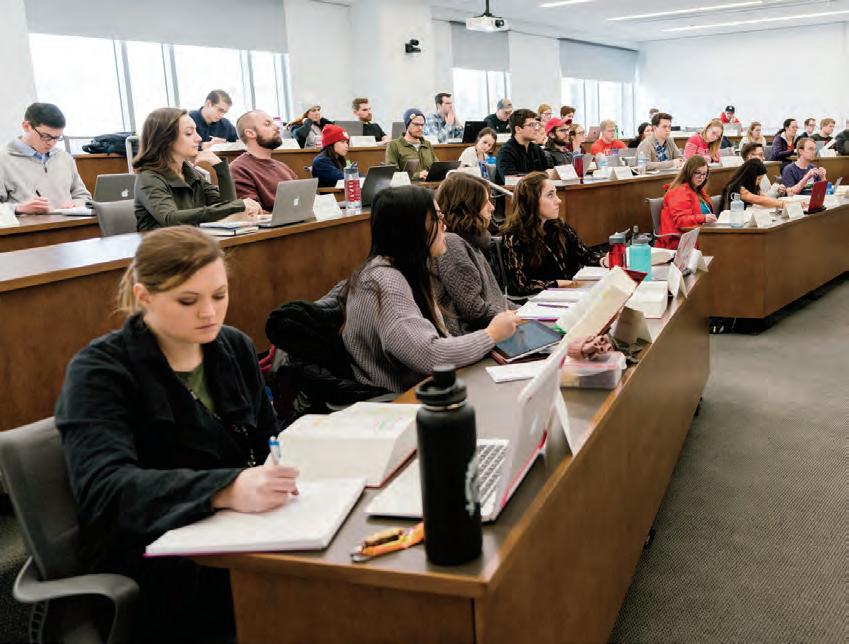

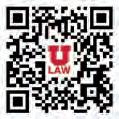
Not only is the Mountain West one of the hottest areas in the nation for legal jobs, but U.S. News & World Report rates Utah the best state in the nation (2024) and calls Salt Lake City one of the best places to live. Utah is a mecca for students and young professionals, as well as outdoor recreation enthusiasts.
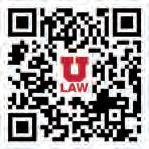
2.7 M population in Wasatch Front area
46 state parks
Seven ski resorts within 30 minutes of campus
World-class hiking, skiing, biking, fishing, and endless opportunities for other outdoor recreation
Home to the 2002 and 2034 Winter Olympics and other prominent international outdoor sports competitions
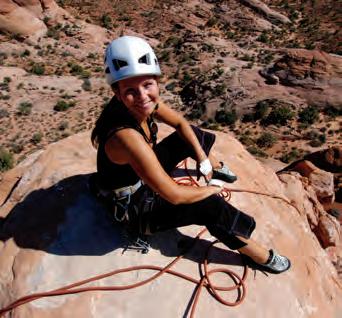






Utah Law is just 10 minutes from downtown Salt Lake City—the economic and cultural epicenter of the Mountain West. Here you’ll find multinational and local law firms next to Fortune 500 companies and federal and state government (not to mention the incredible landscape right next door). Light rail and buses link Utah Law to downtown and the greater metro area.
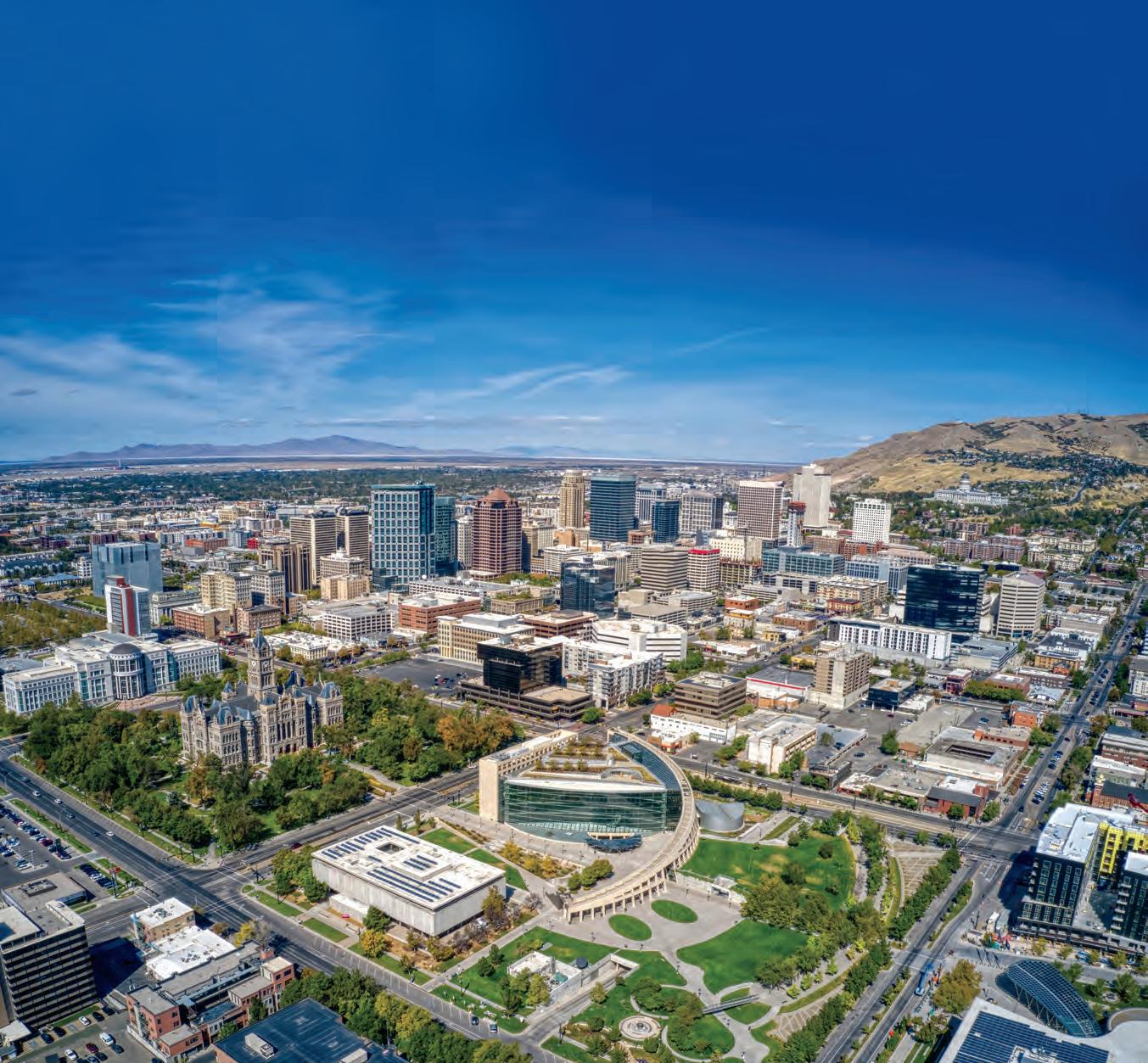
NOTICE: The information in this bulletin is current as of the time of publication but is subject to change without notice. The University of Utah S.J. Quinney College of Law Bulletin is not a contract between the University of Utah and any person or entity.
The S.J. Quinney College of Law is approved by the Council of the Section of Legal Education and Admission to the Bar of the American Bar Association. The address and telephone number for the Council are: American Bar Association, 321 N. Clark Street, 21st Floor, Chicago, IL 60654. (312) 988-6738.
The Family Educational Rights and Privacy Act guarantees to University of Utah students certain rights regarding their official records maintained in the Office of the University Registrar, 250 Student Services Building. Additional records are maintained at the S.J. Quinney College of Law. The act requires that the University forbid the release of personally identifiable student educational records or files, or of personal information contained in those files, without the written consent of the student, except in certain specified situations. The S.J. Quinney College of Law also extends this policy to applicants and applicant records.
For additional information regarding the privacy rights of students and applicants or access to student and applicant records, consult the dean’s office at the S.J. Quinney College of Law.
The University of Utah strongly endorses the Student Right-to-Know and Campus Security Act. On the University of Utah campus, state laws are enforced at all times and adjudicated in a court of law. Infractions of the University of Utah Student Standards of Academic Performance and Standards of Behavior should be referred to the Office of the Dean of Students.
The University of Utah is committed to providing a supportive learning environment and fostering safe, healthy relationships among our students. To do so, the University will immediately and appropriately respond to reports of sexual misconduct, including the offenses of dating violence, domestic violence, sexual assault, or stalking.
Title IX makes it clear that violence and harassment based on sex and gender are the most egregious forms of sex discrimination. University policy also prohibits discrimination based upon sexual orientation, gender identity and gender expression. These offenses are subject to the same accountability standards as offenses against individuals in any protected class and the same kinds of support are available.
When OEO receives a report of sexual misconduct, the university will respond by providing information about support and resources on campus and will also explain options for addressing the behavior including filing a Formal Complaint with the OEO under university policy and/or reporting to law enforcement. Supportive Measures are available to those who experience Sexual Misconduct, whether or not you choose to file a Formal Complaint or report to law enforcement.
If you or someone you know has experienced sexual misconduct including sexual harassment, we encourage you to report it to the Office of Equal Opportunity, Affirmative Action, and Title IX:
Jess Morrison Interim Director
Office of Equal Opportunity, Affirmative Action, and Title IX (OEO) 383 South University Street, Salt Lake City, UT 84112
801-581-8365
oeo@utah.edu
Online reports may be submitted at oeo.utah.edu
More information about the University policies can be found at our website at oeo.utah.edu Relevant University of Utah’s policies can be found at:
regulations.utah.edu/general/1-012.php regulations.utah.edu/general/1-011.php
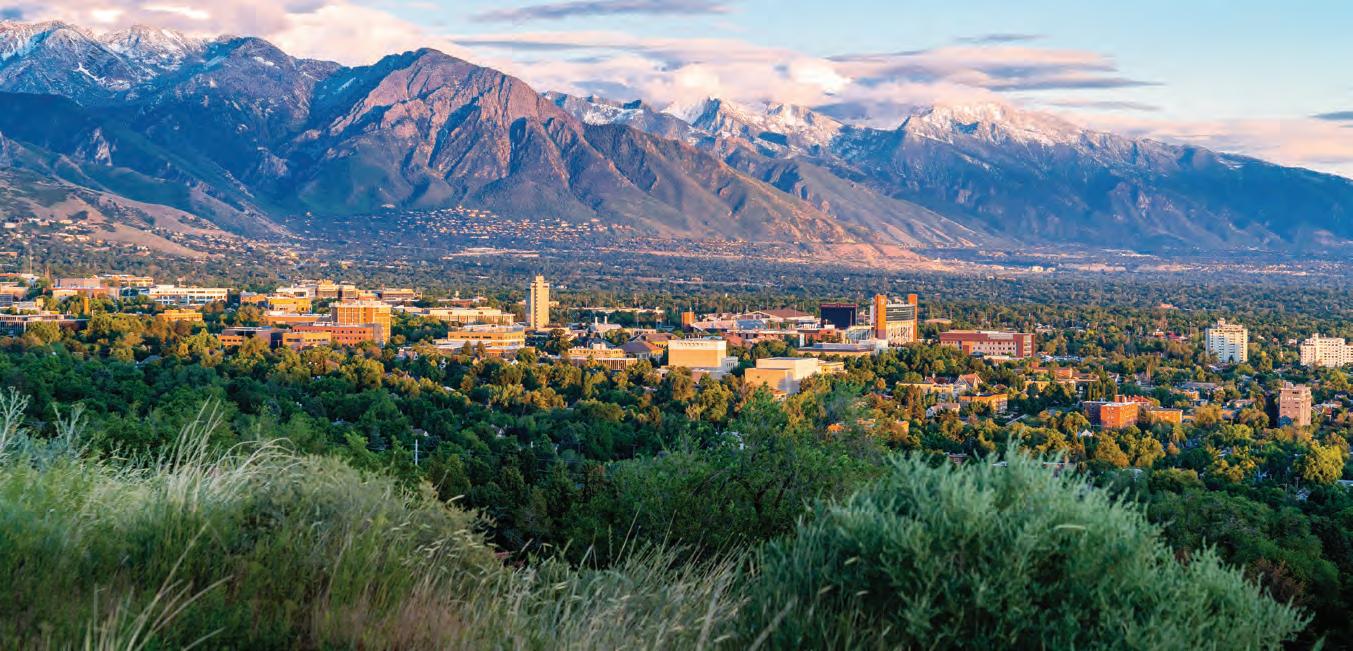

law.utah.edu/admissions admissions@law.utah.edu
Facebook.com/sjquinney Linkedin.com/school/sjquinney Instagram.com/sjquinney
